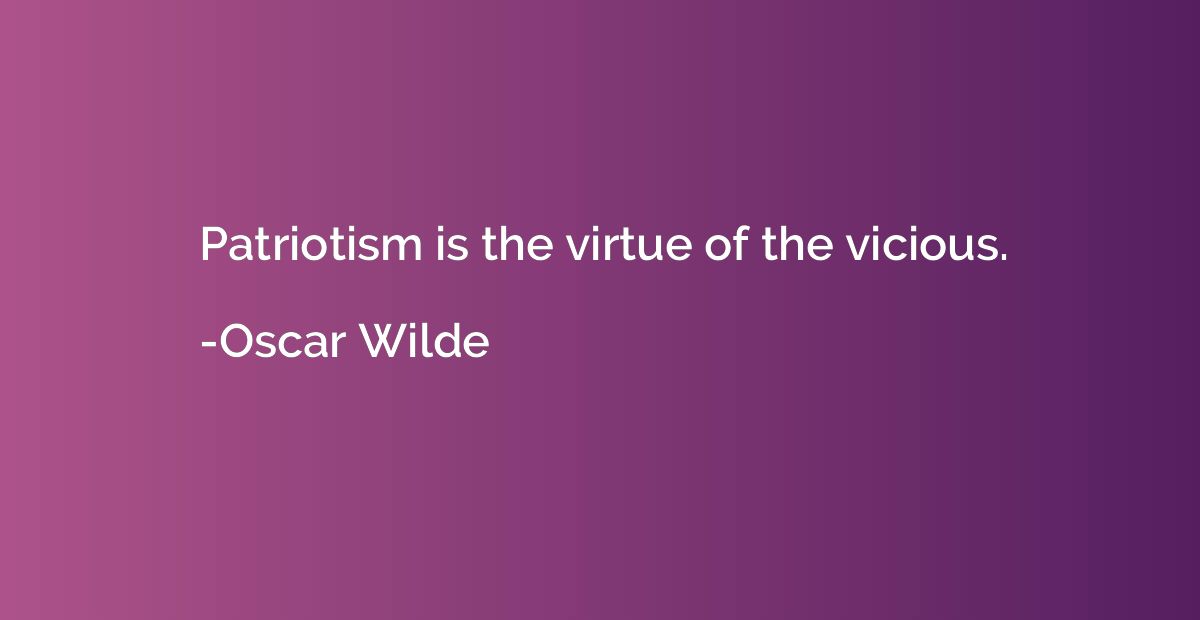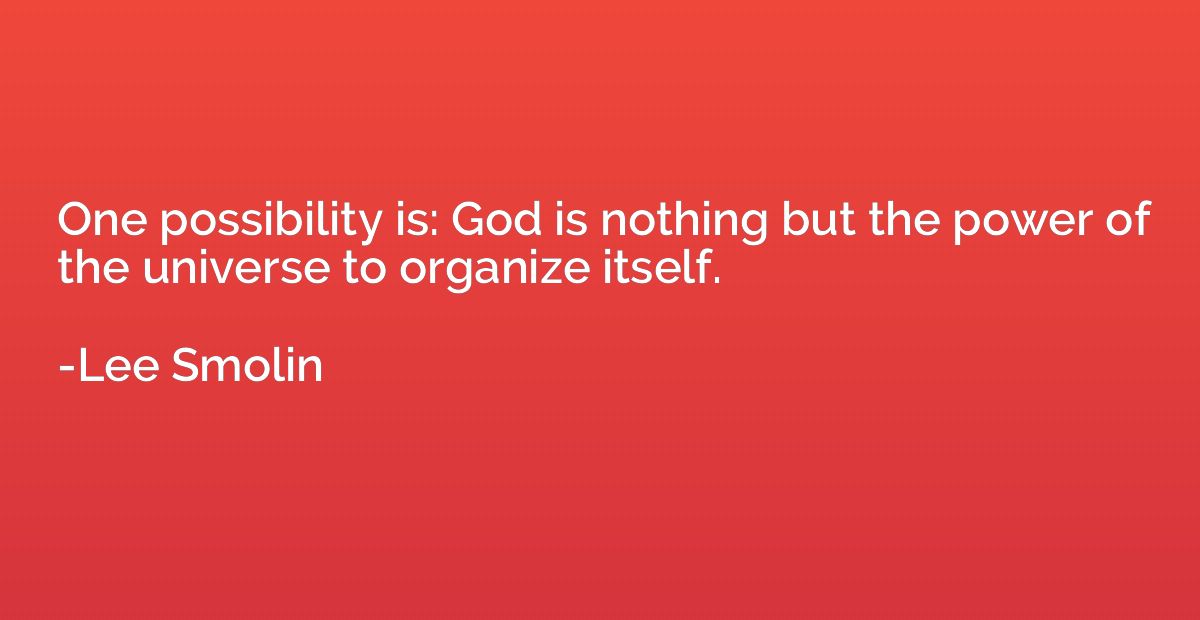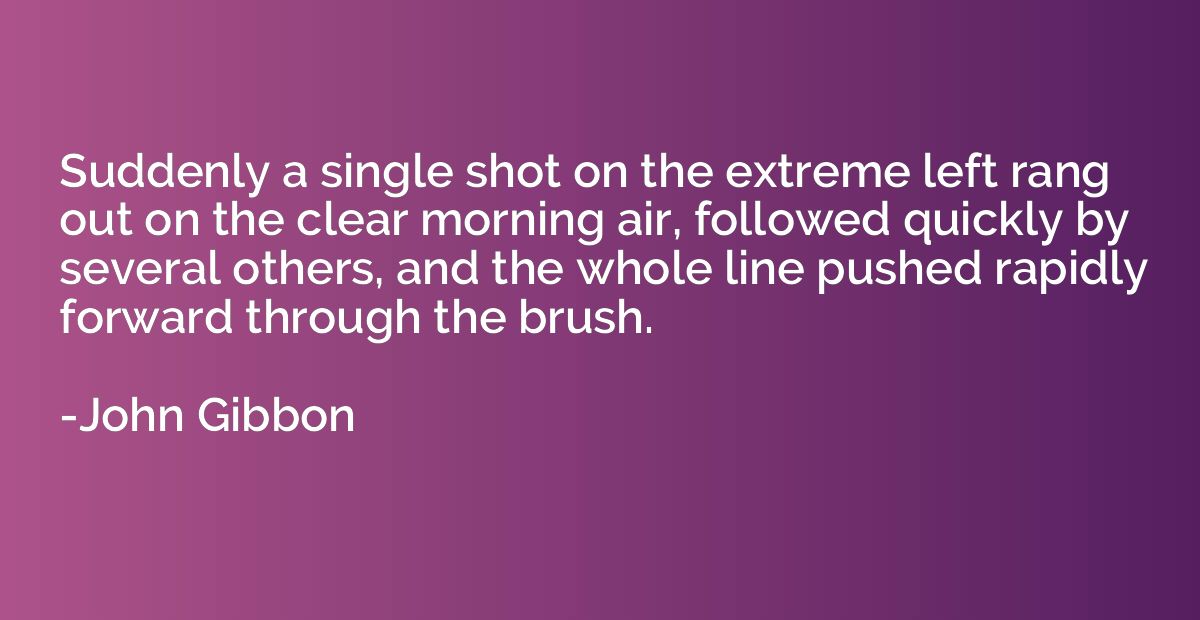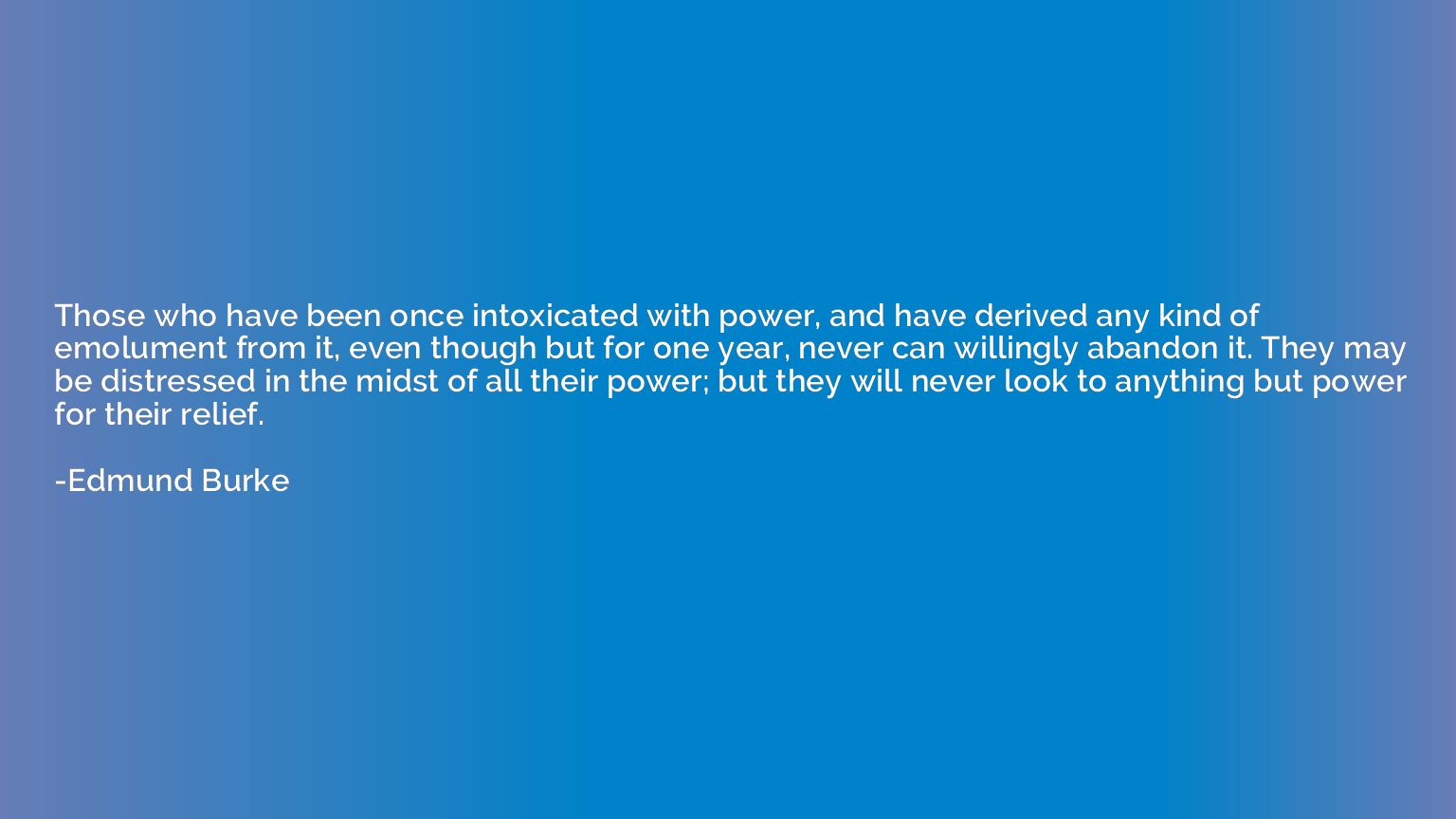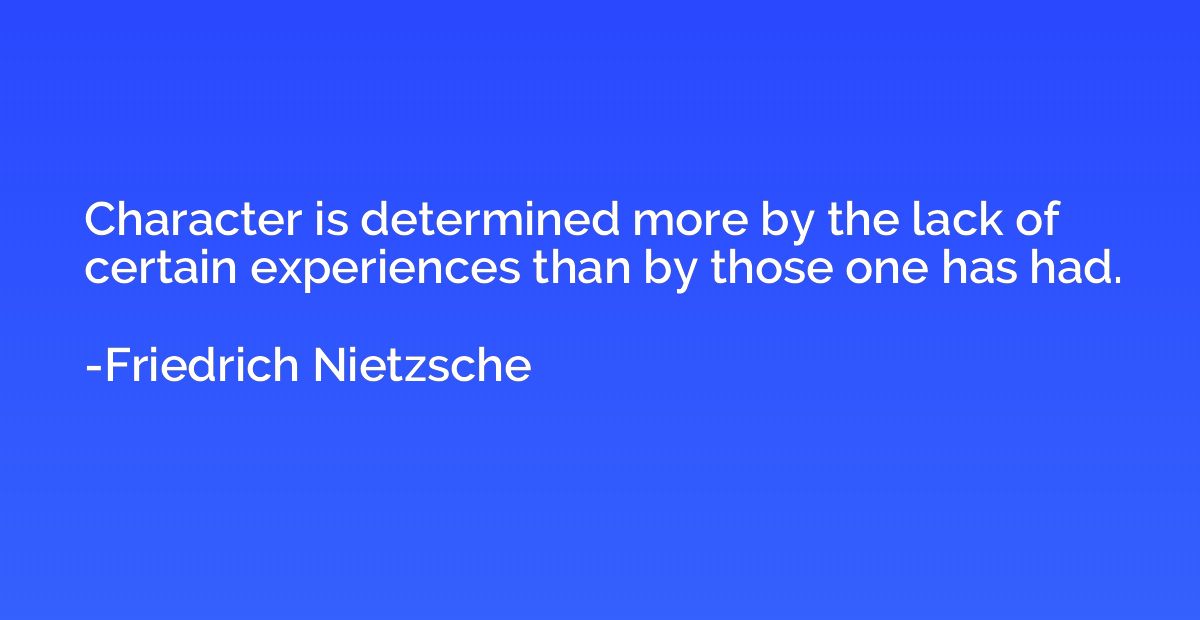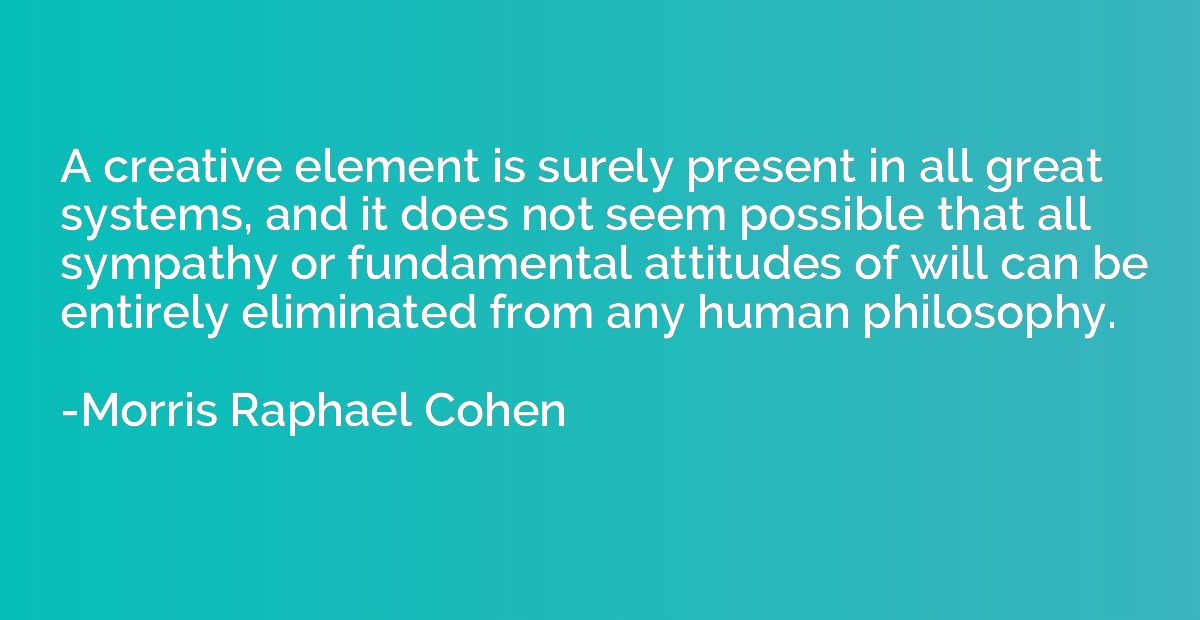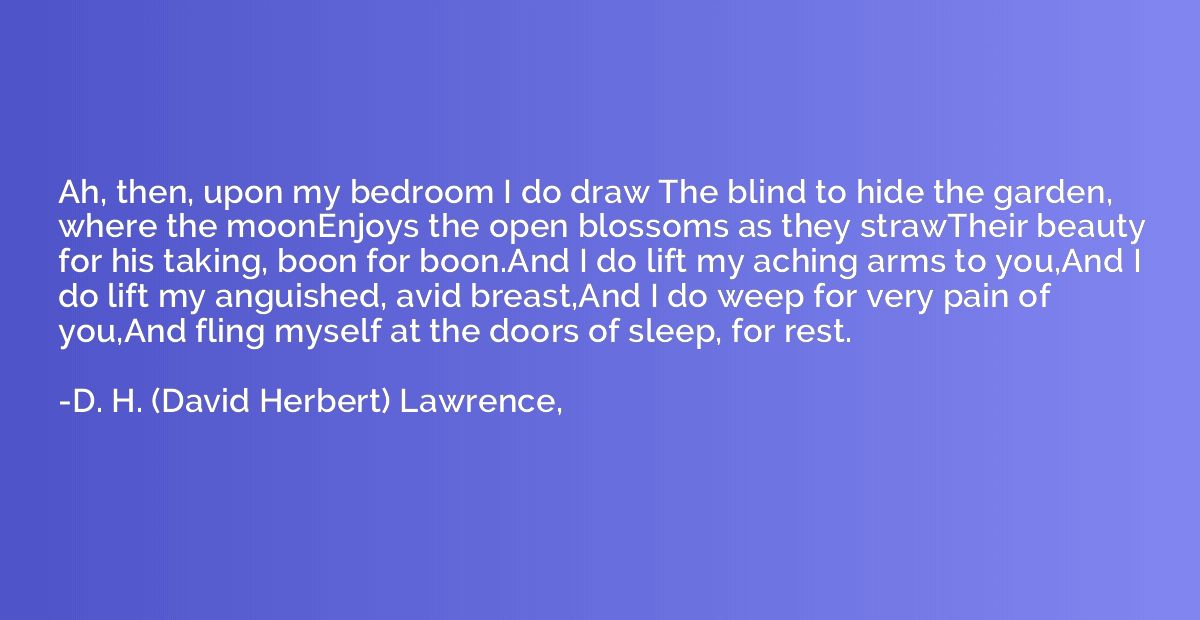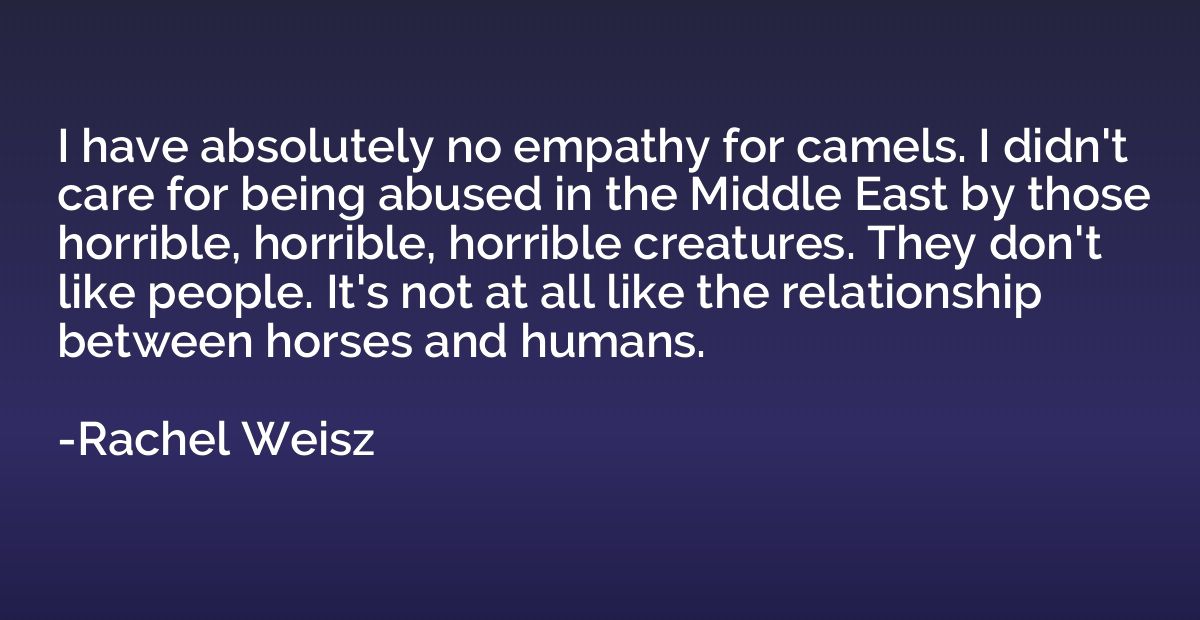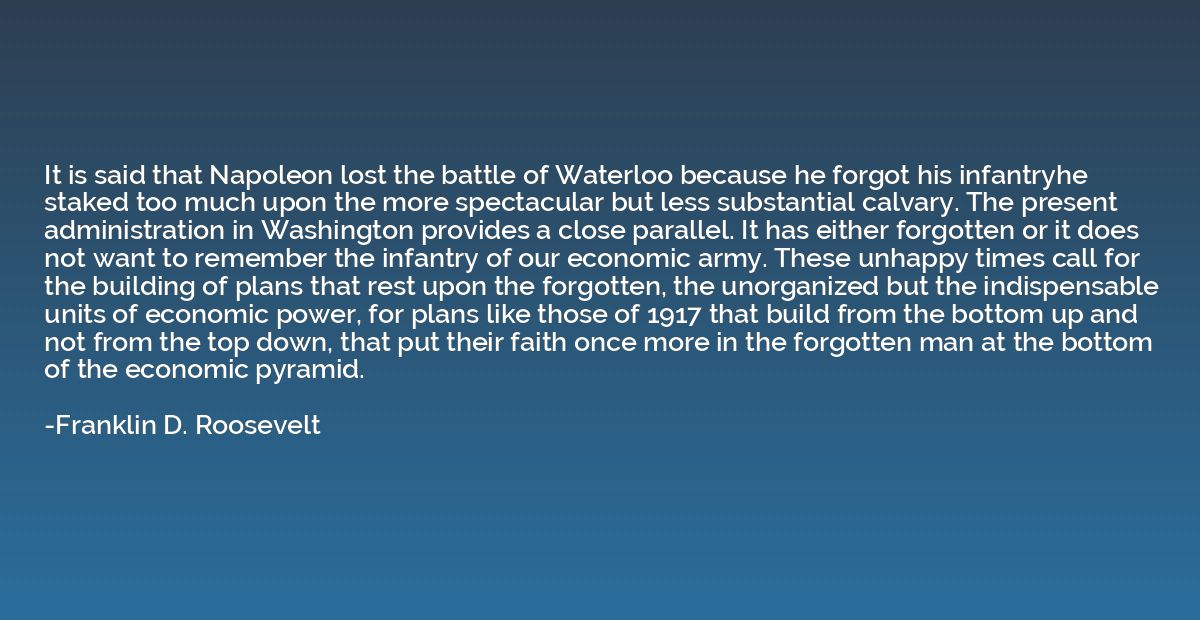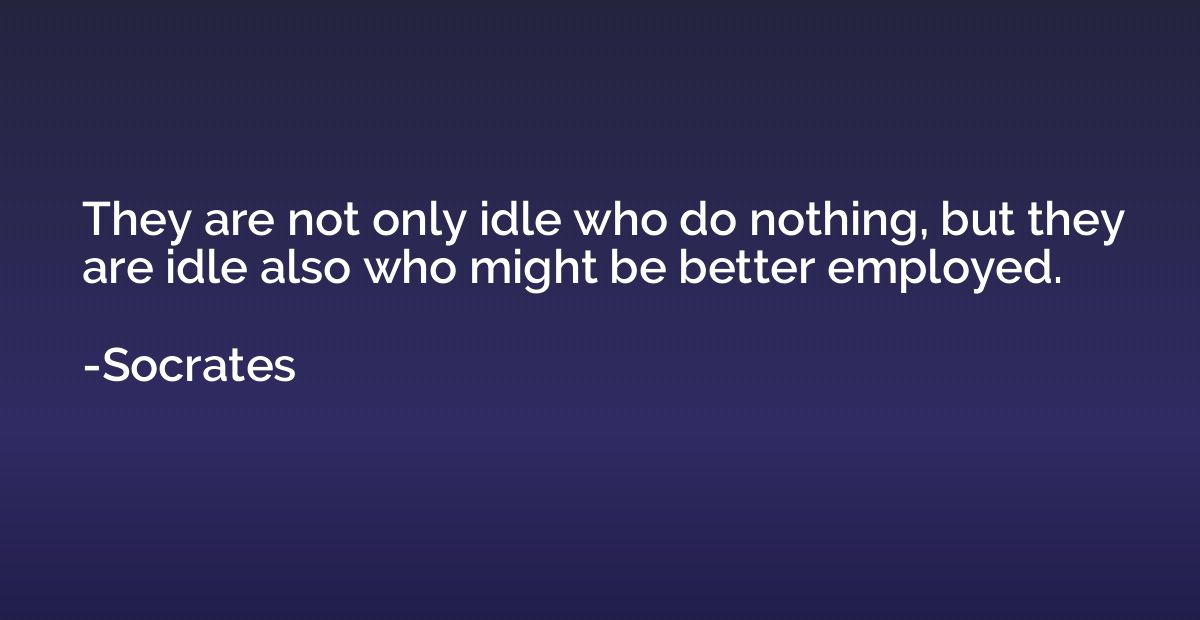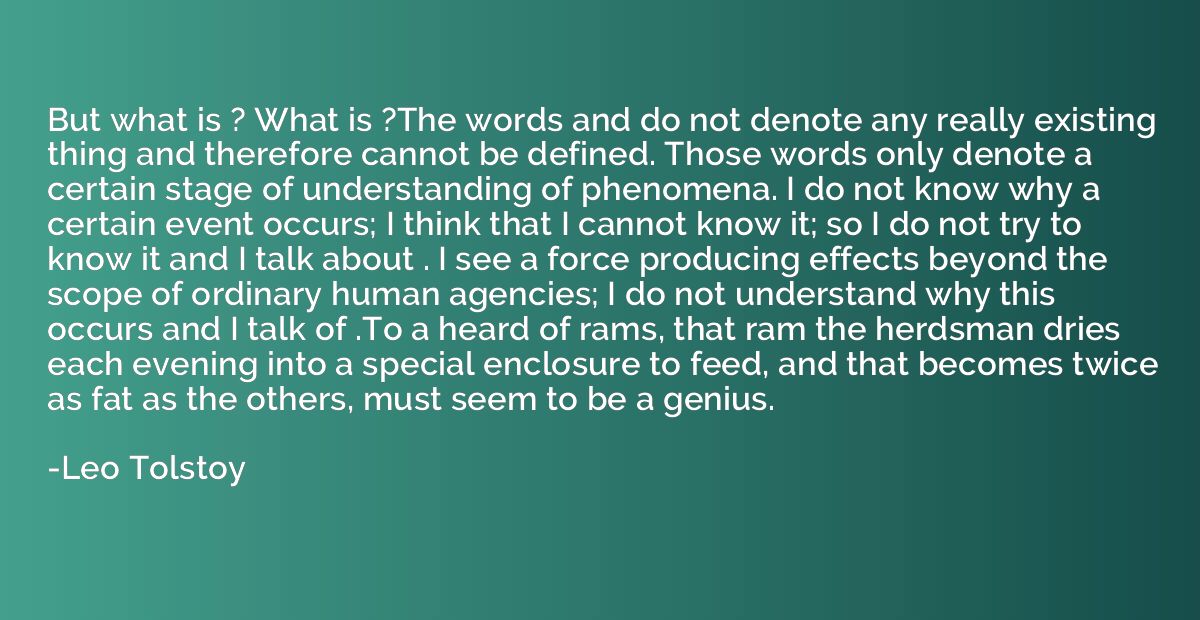Quote by Paulo Coelho
Human beings are the only ones in nature who are aware that they will die. For that reason and only for that reason, I have a profound respect for the human race, and I believe that its future is going to be much better than its present. Even knowing that their days are numbered and that everything will end when they least expect it, people make of their lives a battle that is worthy of a being with eternal life. What people regard as vanity-leaving great works, having children, acting in such a way as to prevent one's name from being forgotten- I regard as the highest expression of human dignity.
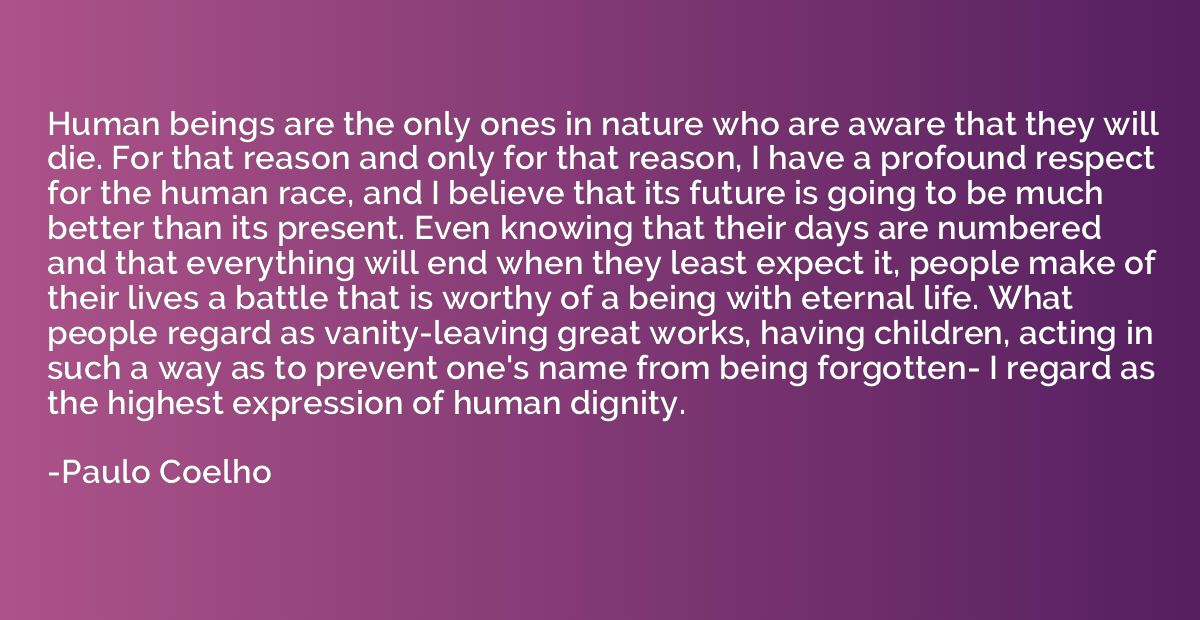
Summary
This quote highlights the uniqueness of human beings in their awareness of mortality. Despite the certainty of death, humans continue to lead meaningful lives. The speaker expresses admiration for humanity's ability to recognize their limited time and still make significant contributions to society. These contributions, such as leaving legacies, having children, and striving for lasting recognition, are seen not as vain pursuits, but as expressions of the utmost human dignity. The quote suggests that this self-awareness and determination to leave a lasting impact provide hope for a better future for the human race.
By Paulo Coelho



